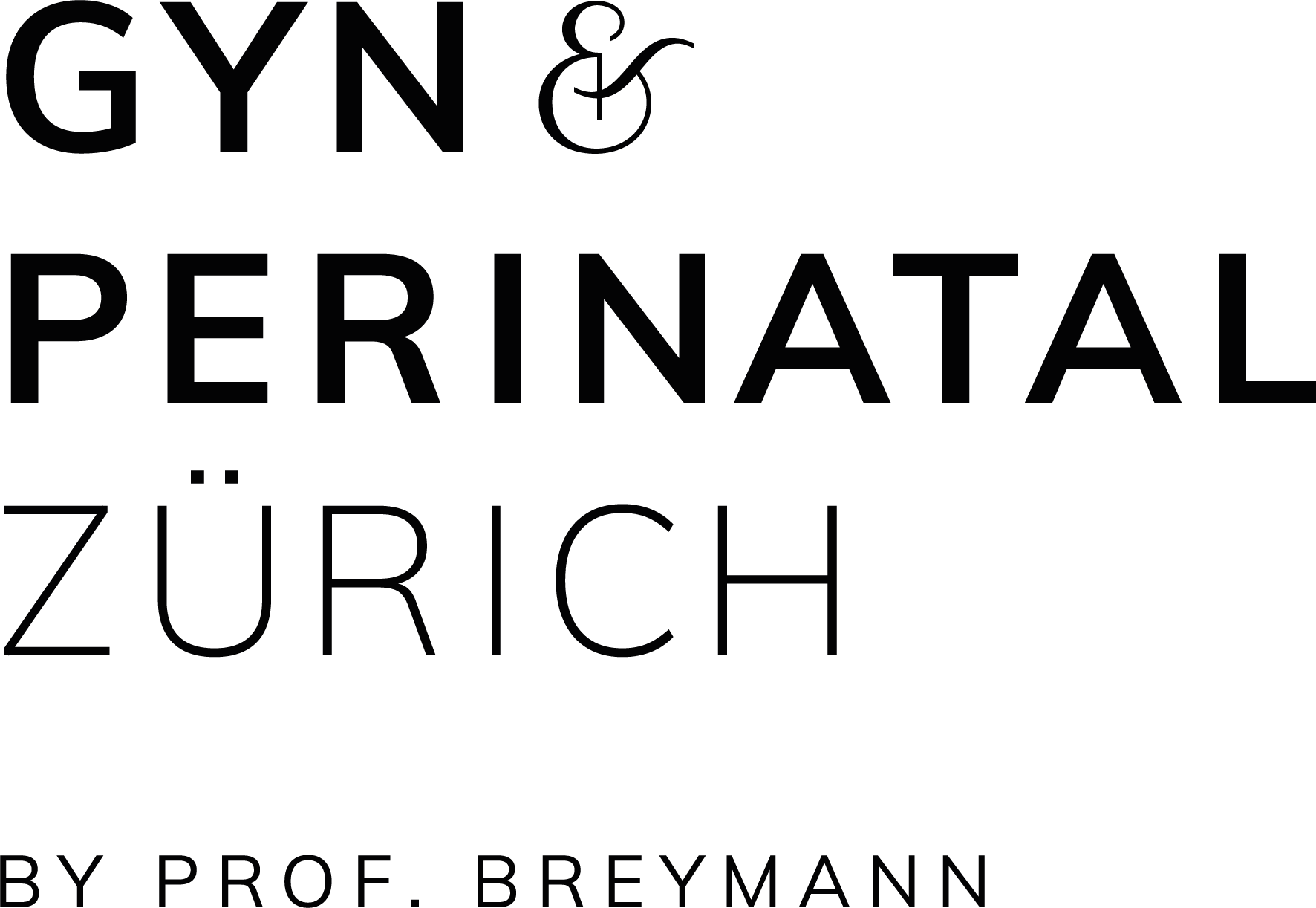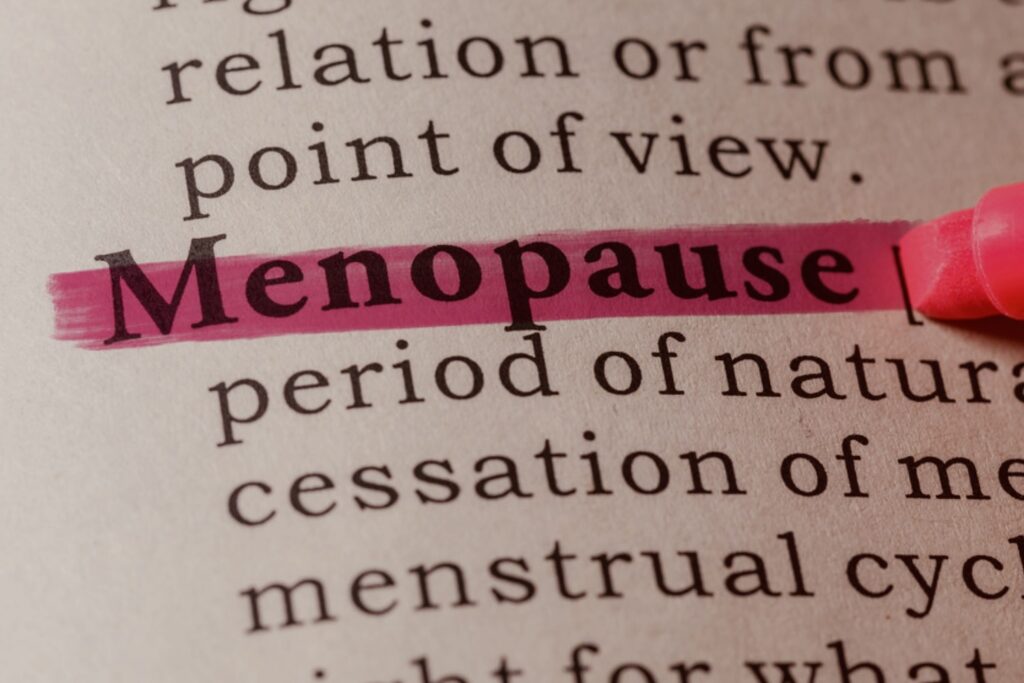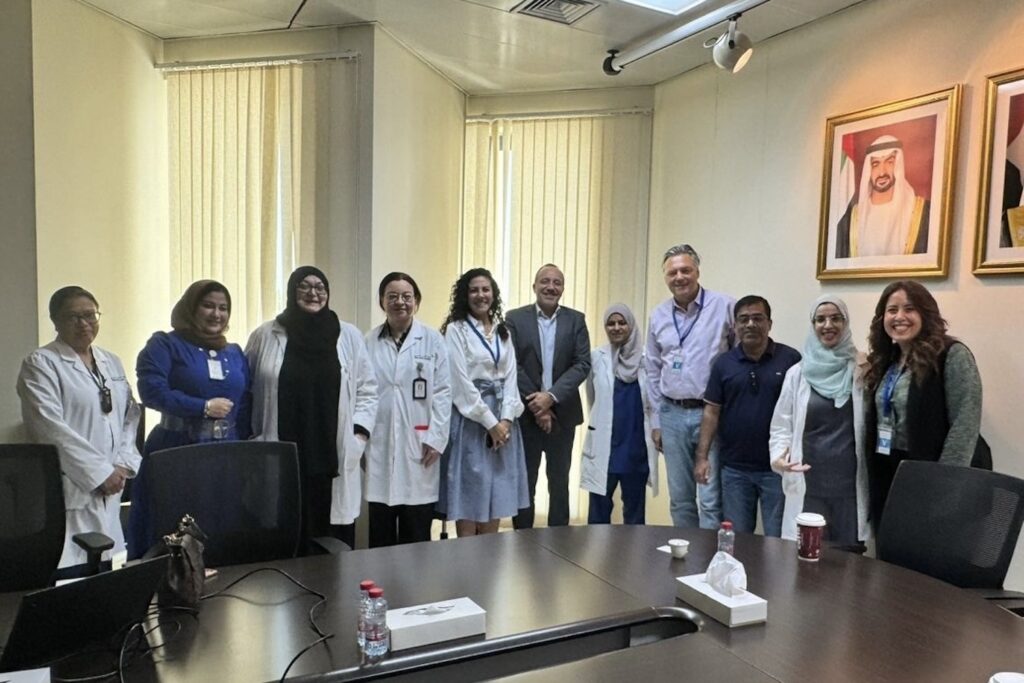Desire to have children with celiac disease & gluten intolerance: genetics (HLA-DQ2, HLA-DQ8)
Celiac disease is a form of gluten intolerance in which the small intestine is hypersensitive to gluten, a protein found in many grains. Gluten is found in most grains, but not in corn and rice.
The intolerance leads to irritation and damage to the mucosa of the small intestine. In Central Europe, especially in Italy and Switzerland, the prevalence is about 1 %. In women with unexplained infertility, this value can rise to up to 8 %.
Although the term "celiac disease" refers only to the abdominal cavity, the disease can also cause complications outside the stomach and intestines. Only 50 % of those affected have the classic symptoms such as diarrhea and weight loss. About 20% may have no symptoms or only isolated symptoms, such as female infertility. Women with untreated celiac disease often have problems conceiving and an increased risk of miscarriage.
The causes of celiac disease are diverse and include environmental factors, genetic predisposition, and the microbiome. Genetic analysis serves as a method of exclusion. In the absence of mutations in the responsible genes, the probability is very high that the affected person does not have or will not develop celiac disease.
If the test result is positive, further diagnostic steps are required in order to take targeted preventive measures. These include a gluten-free diet and the treatment of any micronutrient deficiencies, such as iron, zinc, selenium, copper, vitamin B12, folic acid, vitamin D and vitamins B1, B3, B6, A, E, K.
Genes studied: HLA-DQ2, HLA-DQ8







